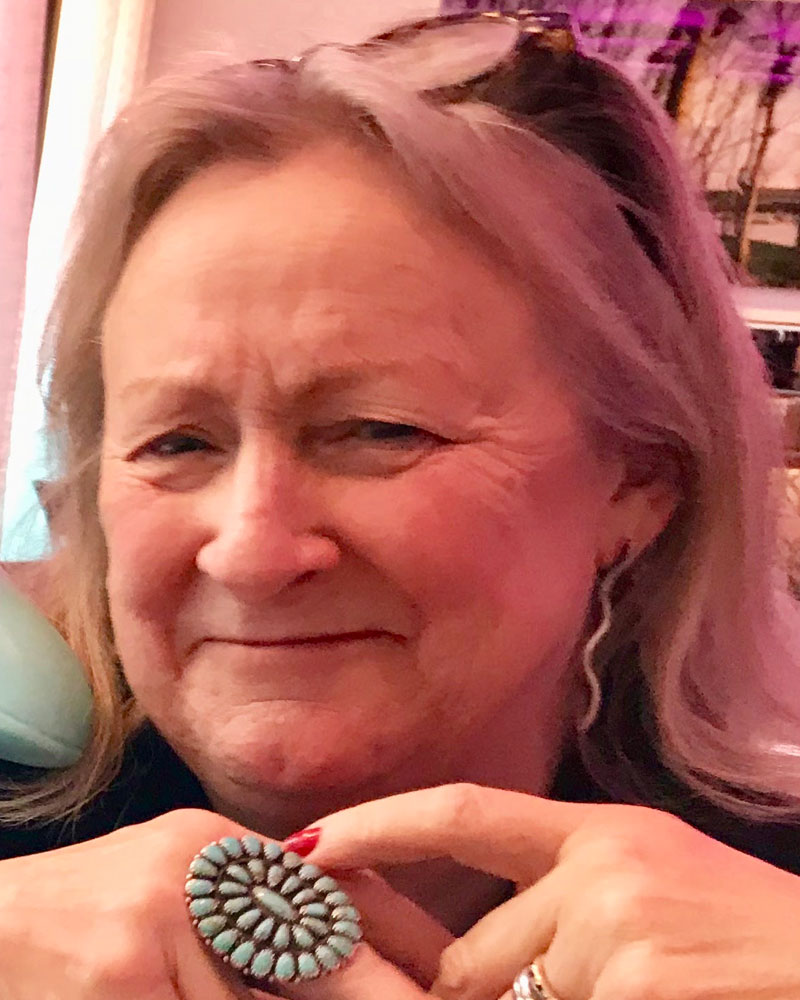“Give Visitation a Try; the Experience Will Transform You!”
By Katherine Niall, AIDNW Visitation Coordinator
I am originally from Scottsdale, AZ, and have spent many years in Philadelphia and Toronto. My interest in immigration issues was triggered by Joe Arpaio’s reign of terror among immigrants and the fascistic “Papers Please” law (SB1070) passed by the Arizona Senate in 2010.
After moving to Washington, I got involved with immigrant visitation after touring the Tacoma ICE detention center with a UU (Unitarian Universalist) immigration working group. In 2013, this group started a visitation program with the Tacoma-based Roundtable community, of which the nascent AIDNW was a part. In 2018, as AIDNW grew as a nonprofit organization, I became the Visitation Coordinator.
Over the years, I have visited with extraordinary people who have braved unimaginable conditions to arrive in our country. I have met with remarkable people who grew up in the US without the privilege of citizenship and are at risk of deportation to a country where they do not speak the language or have no family.
At AIDNW, we recognize the inherent worth and dignity of all people in detention and strive for equal treatment for all who are detained.
AIDNW’s phone funds program, for which I am the direct contact for detainees, provides $20 for immigrants so they can call family and contact legal help. Unfortunately, AIDNW’s budget is not sufficient to cover every immigrant held in detention; the total number changes daily. Some people’s asylum cases take more time than others and they can be held in the ICE processing center for weeks, months, and even years. Newly arrived detained persons from CBP or other ICE facilities create turnover as others are released on parole or other status. Donations to AIDNW do help increase the funds available to provide phone call access to more detainees.
As part of my work, I personally answer the AIDNW Hotline for detained immigrants to provide new or long-term detainees with information on how to contact legal services for their case hearings; or gather information on how best they can handle their health issues while in detention; and, sometimes, just to listen. Visitation volunteers become the eyes and ears of the Northwest community and sometimes learn about authoritative actions meant to be hidden; or hear stories meant to be silenced.
Many families cannot visit their loved ones in detention because of the distance, the hours of visitation, or their own personal immigration status. For detained people, visitation volunteers offer a link, a window to the outside community. A volunteer visit to a detained person alleviates isolation, provides friendship, and is a relief from the mental stress and boredom of being locked up – a first-time experience for most immigrant detainees.
Give visitation a try. The new visitation schedule might be a little inconvenient, but the experience will transform you!





